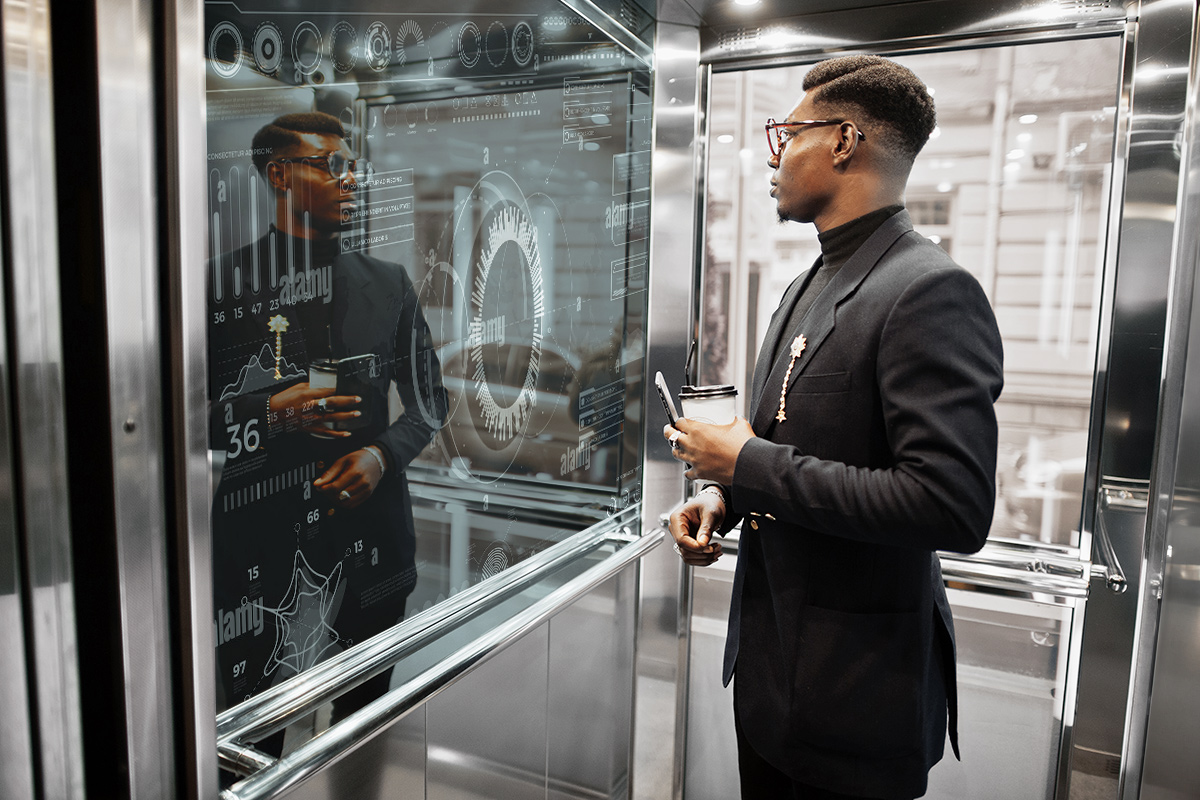Elevators generally last between 20 and 30 years with regular maintenance, though this can vary based on factors like the elevator’s type, usage frequency, environment, and maintenance quality. Here’s a breakdown:
- Hydraulic Elevators: Often found in buildings up to 6 stories, these usually last 20-25 years. They rely on hydraulic fluids, which can degrade over time, impacting longevity.
- Traction Elevators: Common in taller buildings, traction elevators with steel ropes or belts tend to last 25-30 years or more, as they’re typically built to handle heavier loads and more frequent use.
- Machine Room-Less (MRL) Elevators: These newer, energy-efficient elevators often last about 20-25 years. MRL systems can require specialized maintenance, impacting lifespan.
- Home Elevators: Residential elevators may have a lifespan of 20-30 years due to lighter, less frequent use.
Signs it may be time to modernize include:
- Frequent breakdowns
- Slow or noisy operation
- Rising maintenance costs
- Non-compliance with updated safety standards
Table of Contents
ToggleWhat Is The World’s Oldest Operational Elevator?
The world’s oldest operational elevator is thought to be located in the Hôtel des Monnaies (Paris Mint) in Paris, France. Installed in 1743 for King Louis XV, this manually operated lift was designed to carry the king discreetly between floors of his palace. Although it is no longer in daily use, it’s still maintained and occasionally demonstrated for historical purposes.
For electrically operated elevators, one of the oldest still in operation is in the Biltmore Hotel in Providence, Rhode Island, USA. Built in 1922, this Otis elevator has been modernized but retains many of its original components.
Are Elevator Attendants Still Used?
While rare, elevator attendants are still used in some buildings and settings, primarily for historical, service-oriented, or safety purposes. Here’s where you might still find them:
- Historic Buildings: Iconic or historic buildings, like the Eiffel Tower in Paris or certain landmark hotels and department stores, sometimes retain elevator attendants as a nod to tradition and to enhance the visitor experience.
- Luxury Hotels: Some luxury hotels and high-end department stores continue to employ attendants to provide a personalized experience and assist guests with directions, recommendations, or packages.
- High-Traffic Areas: Buildings with high visitor traffic, such as large hospitals or corporate headquarters, may use attendants to help manage elevator flow, especially in buildings where elevator systems are complex or require special operation.
- Safety and Accessibility: In some countries or facilities, attendants may be used to assist elderly or disabled visitors, ensuring they reach their destinations safely.
- Elevators with Manual Controls: In rare cases, older elevators with manual controls, such as those with a lever or crank instead of push buttons, may require trained attendants to operate them safely.
Though automation has largely replaced the need for attendants, those who remain add an element of service and tradition that some places still value.
Arizona Elevator Solutions Is A Professional Elevator Company In Arizona
Arizona Elevator Solutions is your go to elevator specialists that can handle anything from elevator repair and maintenance to elevator modernization and upgrades. Get a free elevator modernization quote from Arizona Elevator Solutions today! We also offer elevator services in Colorado.

